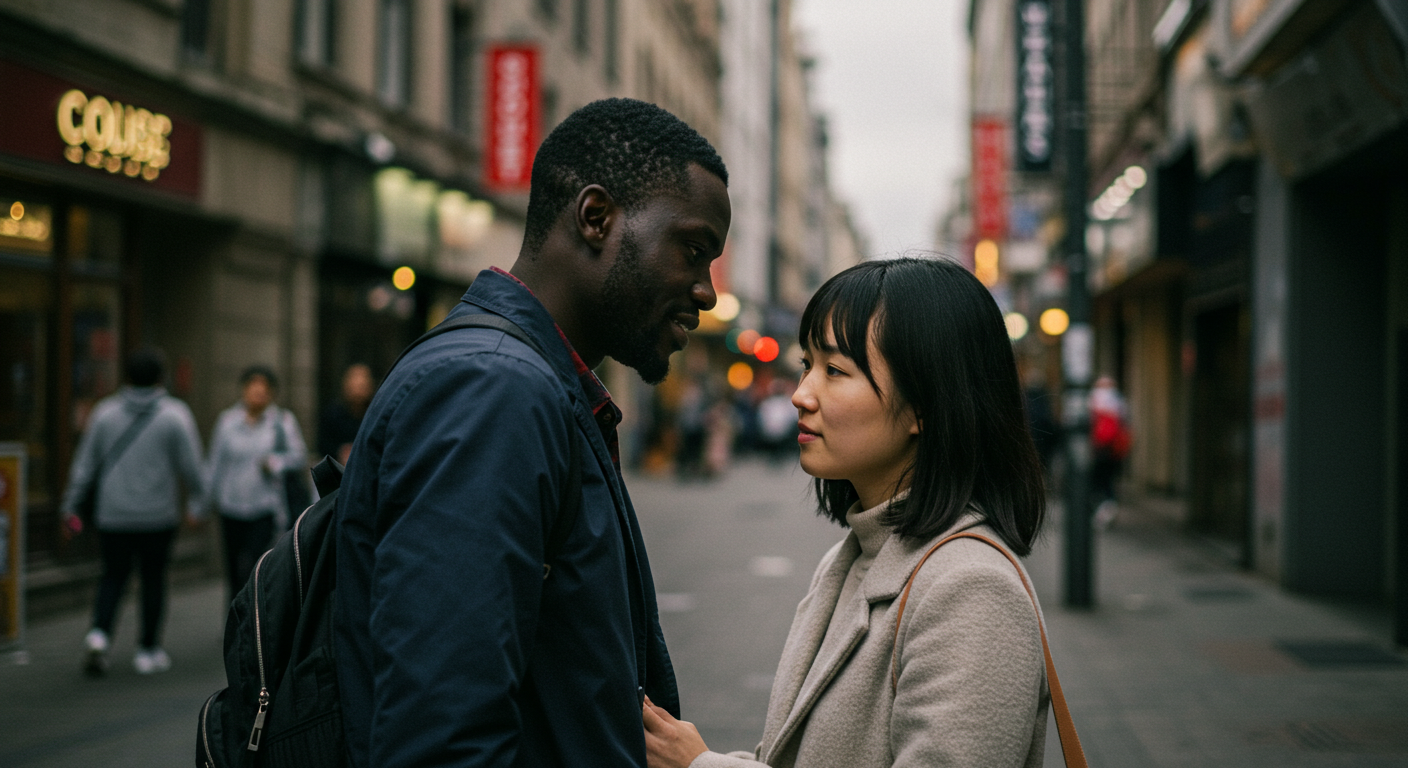Interracial and intercultural relationships are becoming increasingly common across the African continent and its diaspora. As cities globalize, the chances of falling in love across racial, ethnic, and cultural lines are higher than ever. But love isn’t always enough—especially when traditions, languages, families, and identities collide.
This article dives into real-life stories of African individuals who have navigated love across borders and cultures, highlighting the beauty, tension, and transformation that come with it.
Why Interracial Relationships Are Still a Big Deal
For many Africans, culture and family are deeply intertwined. Who you love—and ultimately marry—isn't just a personal choice; it's a communal affair. Parents, extended relatives, spiritual leaders, and even neighbors often weigh in. Choosing a partner from outside one's culture or race can trigger confusion, concern, and sometimes, confrontation.
Still, the heart wants what it wants. And when love is genuine, many couples find powerful ways to grow through their differences.
Real-Life Stories of Cross-Cultural African Love
Lekan (Nigeria) & Emily (United Kingdom)
Location: Lagos & Manchester
Challenge: Traditional expectations vs. British independence
Lekan met Emily during graduate school in the UK. A few months into dating, things got serious. “Emily wanted to meet my parents,” Lekan shared, “so we flew to Nigeria. That’s when reality hit.”
Emily was unprepared for Nigerian customs: the importance of kneeling when greeting elders, communal living, and unsolicited questions about marriage timelines. “His mom asked when we planned to marry during the first dinner,” she laughed.
Despite the awkward start, Emily made the effort to learn Yoruba greetings, helped out in the kitchen, and began to understand the nuances of Nigerian hospitality. “It’s overwhelming, but you realize it's all rooted in love and respect.”
Lekan, on his part, learned to respect Emily’s boundaries and direct communication style. “In her culture, you say how you feel immediately. I was raised to be diplomatic, even when uncomfortable. We met in the middle.”
Zanele (South Africa) & Hiroshi (Japan)
Location: Johannesburg & Tokyo
Challenge: Communication styles & gender roles
Zanele, a vibrant South African spoken word artist, met Hiroshi, a robotics engineer from Japan, at a tech conference. Their first connection was intellectual—but love soon followed.
Zanele found Hiroshi’s reserved nature difficult. “In my culture, affection is loud and expressive. I hug, laugh, dance. Hiroshi was quiet, sometimes distant.”
Meanwhile, Hiroshi struggled with Zanele’s independence and open expression. “In Japan, relationships are subtle. Zanele would speak up in public or challenge me directly, and I wasn’t used to that.”
Through patience and a shared love of food, they began to bridge the gap. Hiroshi learned Zulu phrases and joined Zanele’s family for umemulo (coming-of-age) ceremonies. Zanele, in turn, visited Japan during Obon Festival and appreciated its depth of ancestor reverence.
Kwame (Ghana) & Marie (France)
Location: Accra & Paris
Challenge: Parenting styles & spiritual beliefs
Kwame and Marie met while working in an NGO. They eventually married and settled in Accra. Things were smooth—until they had children.
Kwame wanted to raise them with Christian and traditional Ghanaian values—rituals, naming ceremonies, and a strong focus on respect for elders. Marie, raised Catholic but more secular, struggled with what she saw as “rigid” systems.
“I didn’t understand why our daughter had to kneel to say good morning,” she said. “Or why our son had to call his cousin ‘Uncle.’”
Kwame explained the cultural framework behind such norms: “It’s about showing respect and maintaining community balance.”
Eventually, they created their own hybrid family culture—where the kids celebrated Christmas and Homowo, spoke both French and Twi, and learned to ask questions, but also honor tradition.
Common Themes in Interracial African Relationships
1. Language Barriers
Many partners in intercultural relationships face communication gaps—literal and figurative. Learning each other’s languages (or slang) helps build connection.
2. Family Approval
Getting the blessings of African families can be a journey. From bride price negotiations to religious expectations, navigating the family landscape is often the hardest part.
3. Cultural Holidays and Food
Celebrating two sets of traditions—whether it’s Eid and Easter or Hanukkah and Harmattan—can be enriching but overwhelming. Food, particularly, becomes both a connector and a battleground. Spicy Nigerian jollof versus bland European fare, anyone?
4. Identity and Children
Deciding how to raise biracial or bicultural children can cause friction. Which holidays will they celebrate? What language will they speak? How will they understand their roots?
Tips for Thriving in an Interracial or Intercultural Relationship
- Be Curious, Not Defensive: Ask questions about your partner’s culture with genuine interest—not skepticism.
- Involve the Family Gradually: Don’t throw your partner into deep cultural waters. Ease them in respectfully.
- Define Your Relationship Culture: Blend the best of both worlds to create your unique traditions.
- Practice Empathy: You’ll both misunderstand things. Be patient and forgiving.
- Protect Your Love: Not everyone will approve. Stay united and let your relationship be the proof.
Conclusion: Love Beyond Borders
Interracial and intercultural relationships involving Africans are growing, not just in big cities but across small towns and rural areas, thanks to technology, migration, and education. While these unions come with unique challenges, they also offer unmatched richness in culture, depth, and shared growth.
As these stories show, love can indeed cross continents, languages, and customs—when respect, adaptability, and open-heartedness lead the way.



